Student Engagement
CURA Workshop: Methodology and Bias: Reflections from Food Security Research in Ethiopia
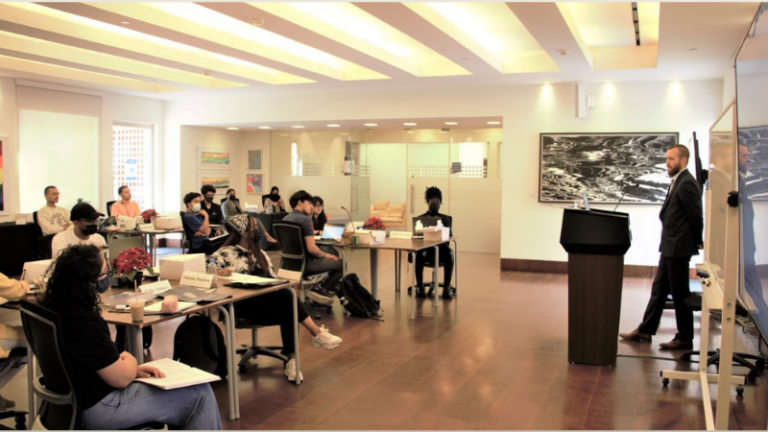
On October 21, 2021, CIRS hosted a CURA workshop titled, “Methodology and Bias: Reflections from Food Security Research in Ethiopia” led by Professor Logan Cochrane, Associate Professor in the College of Public Policy at Hamad Bin Khalifa University in Qatar. Via interactive exercises and group discussions, Cochrane guided thirteen GUQ and NUQ students to reflect on questions of power and their own positionality as researchers. One of the aims of the workshop was to demonstrate how food distribution and production is a politicized process that involves multiple actors with varying levels of decision-making power.
During the interactive group discussions, students were encouraged to think like policymakers and engage with datasets from the United Nations Food and Agriculture Organizations to identify which decisions such surveys would enable them to make. Cochrane explained how both food security scholars and practitioners agree that equitable, transparent, and rigorous research methods inform decisions. He underlined how qualitative methods can complement quantitative data and explained how to choose which method is more suitable according to the size and scope of a research project.
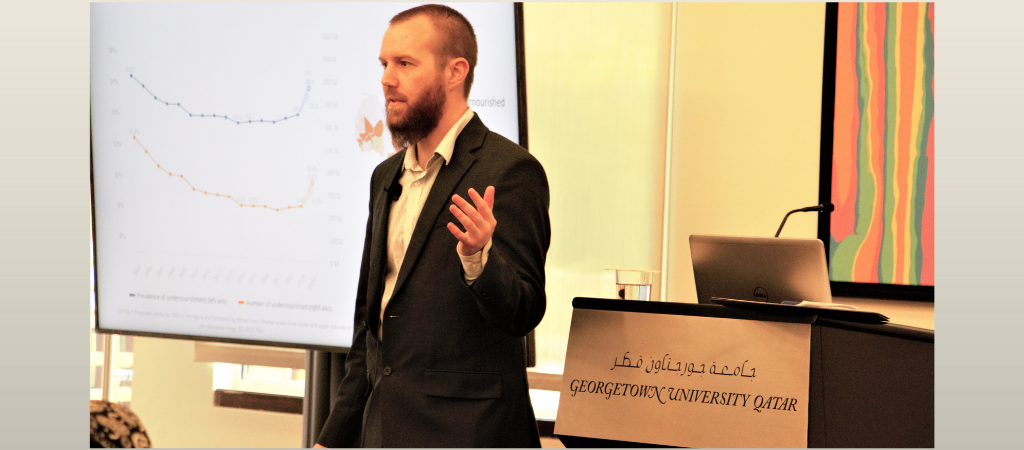
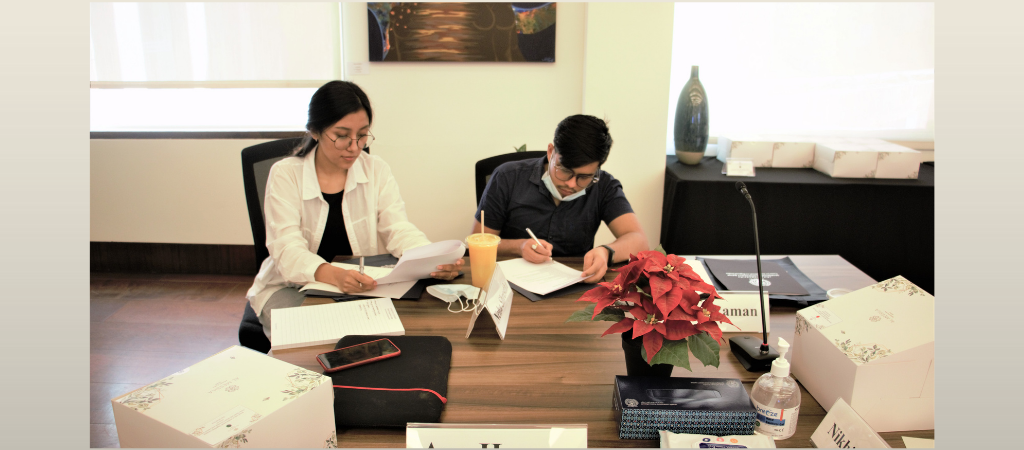
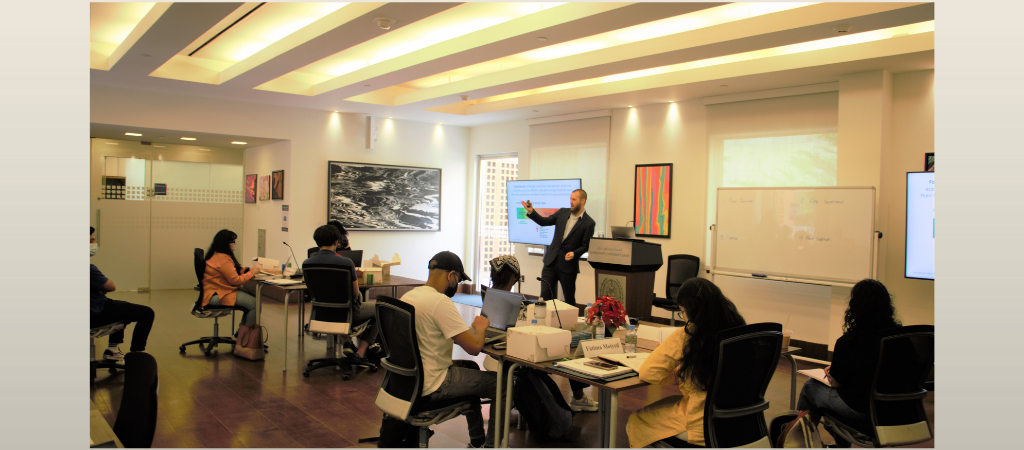
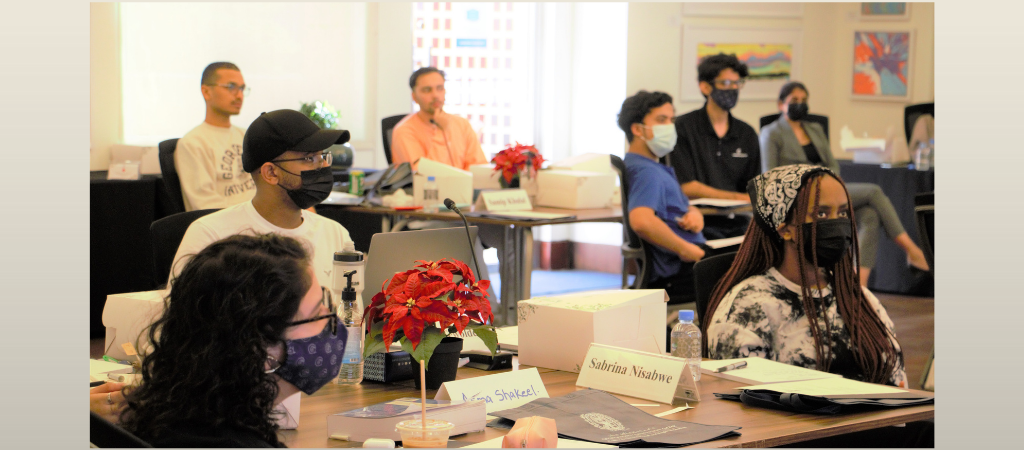
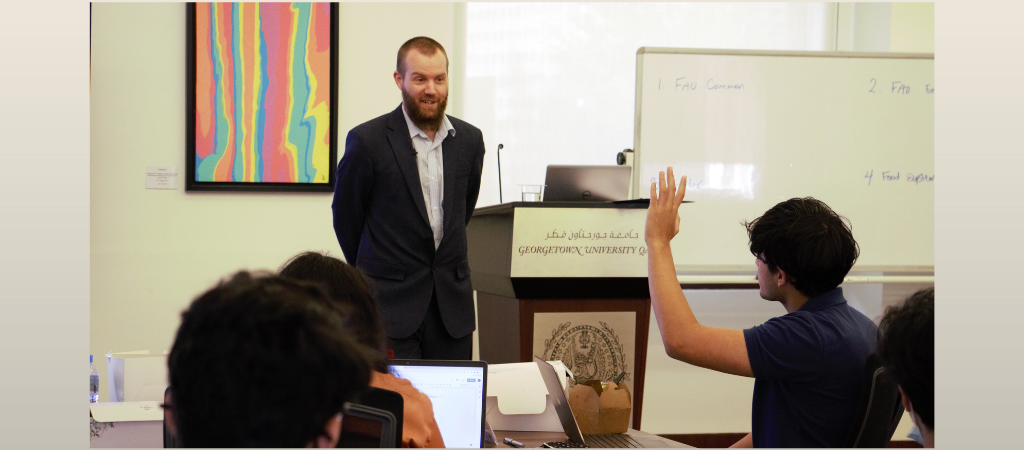
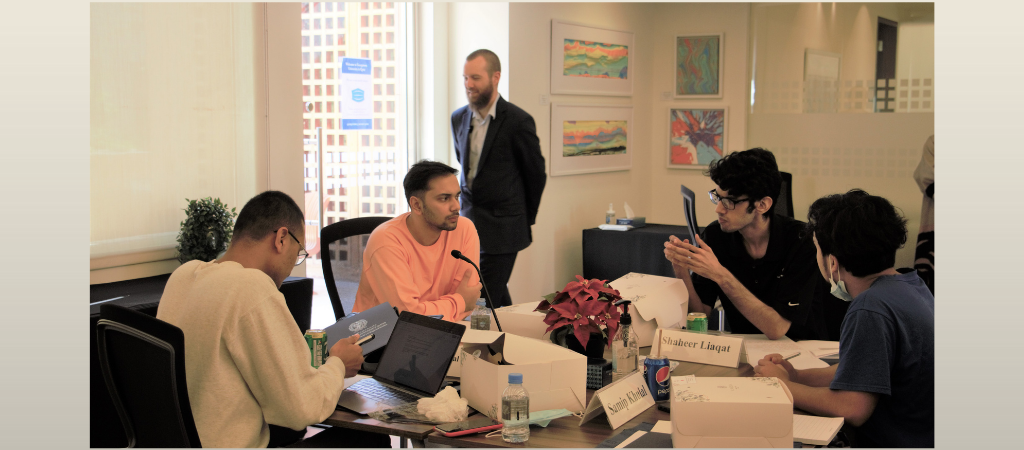
Drawing on examples from his research on food security amongst rural Ethiopian farmers, Cochrane demonstrated the strengths and limitations of survey research and proposed how new, community-centered methods are more suitable for studying the lived realities of local communities. He highlighted how local engagements and interactions enabled his research team to gain insight into how rainfall patterns, debt, and migration—factors often not discernable in macro-trends in quantitative research—impact local patterns and behaviors. While survey research studies macro-level trends, a community-centered approach zooms in on the lived realities of people, producing nuanced data and analysis. Specifically, a knowledge co-production approach through questions, conversations, and interactions at the community level helps discern hidden patterns and behaviors, providing valuable data to support development programs in rural areas. Cochrane demonstrated the importance of studying sub-national trends in order to understand and address local challenges.
“The session was extremely engaging – I felt involved throughout and it was unlike what I had expected. The material about knowledge co-production has really caught my attention. Its utilization in working together with local stakeholders to capture and produce novel and nuanced data seems to me as an interesting methodology which I am trying to learn more about.”
– Pragyan Acharya, class of 2024.
In conclusion, Cochrane argued that researchers are not apolitical and thus need to engage responsibly with local communities. He explained that the strength of community-centered methods is how it involves local actors as partners in co-producing knowledge. Ultimately, he argued, the key research question is determined by these interactions. Cochrane reminded students about bias and the need for research that is inclusive and comprehensive that, “When one does not ask certain questions, then that data becomes invisible.” This reinforces the significance of using the appropriate research method for a compelling research project.
Article by Khushboo Shah, senior at GUQ